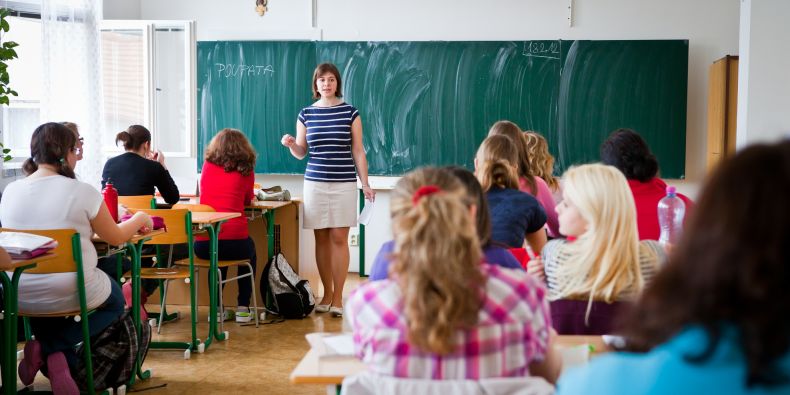On 27 May, Masaryk University Faculty of Education presented its new concept of a course for all students of pedagogy that will teach them the basics of educational psychology. The presentation was part of a conference aptly called Vzděláváme společně (“We Teach Together”) organised by the university and the Czech Ministry of Education for more than 300 teachers and educational counsellors and focused on inclusive education.
The conference offered everybody a chance to share their experiences of how to teach in a better way. Thanks to the new strategy, future teachers at the Faculty of Education will get acquainted with inclusive education early in their studies.
To prepare future teachers for the specific needs of some children, the faculty will offer two new courses starting in the upcoming autumn semester. These will be Special and Inclusive Education at the bachelor’s level and Inclusive Education at the master’s level.
“The course not only gives students information about individual types of disabilities, it also allows them to experience the impact that a pupil’s disability has on his or her education in a regular school,” says Jiří Němec, the dean of the MU Faculty of Education. He adds that the way the courses are designed will provide students with skills that will allow them to work with children regardless of the type of their disability.
The educational psychology courses, which will be part of the studies of every future teacher from September on, are also to be taught in smaller seminar groups and will include a new type of teaching practice. All students in their second year and higher will start providing after-school tutoring to children from socially disadvantaged families. “The students will visit the children in their family homes or in low-threshold facilities. This type of teaching is in high demand from the children’s parents,” adds Němec.
As inclusive education is now one of the priorities of the Ministry of Education, the news is welcome. “The academic community plays an important role in how we view education and in shaping educational priorities and the ways our children will be taught – whether they are talented, require speech and language therapy or have other disabilities that need various levels of support. It is the university graduates who then stand before the class and work with these children. I am therefore very supportive of this new strategy developed by the Masaryk University Faculty of Education,” says Kateřina Valachová, the Minister of Education.
